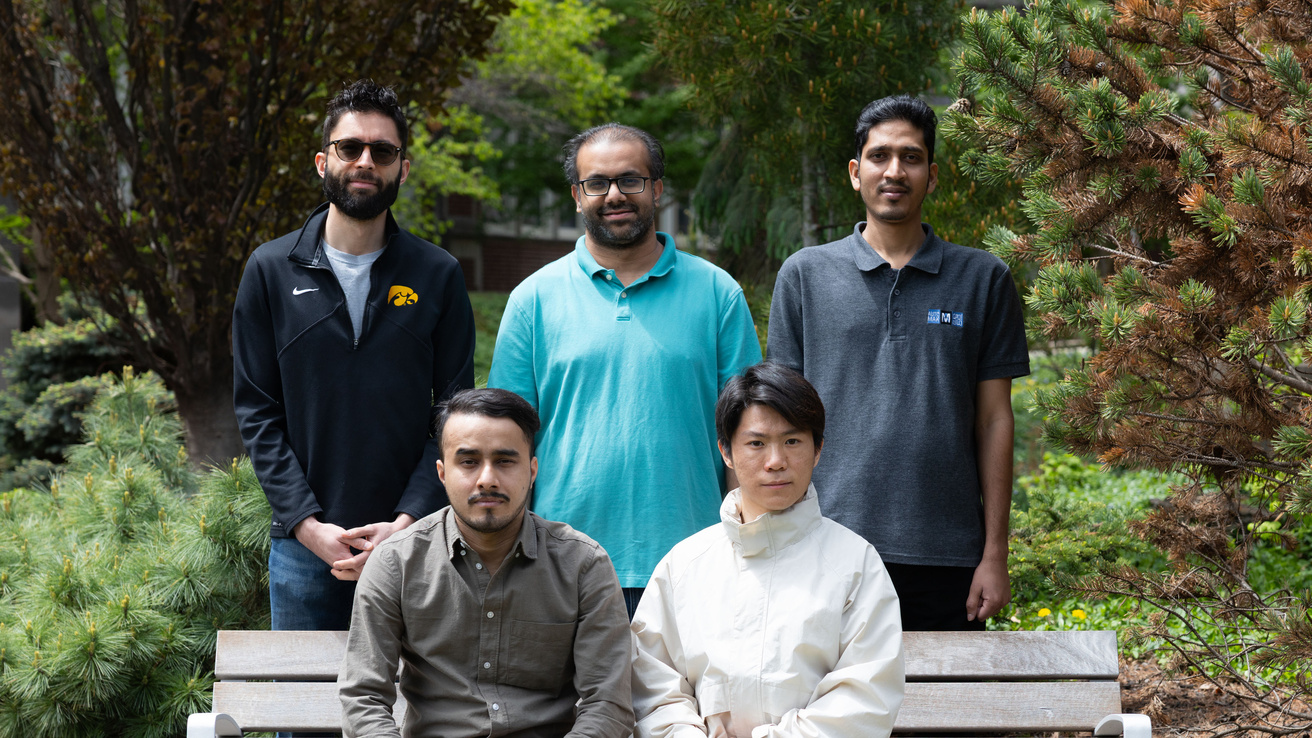

The FRRB graduate education puts a strong emphasis on scientific communication as well as traditional high expectations for original research. It is a goal to have students graduate in 4 to 5 years, hopefully closer to 4 years. To meet this goal the student is required to take the PhD Comprehensive Examination no later than the beginning of their sixth semester, (see timeline above). This examination has the form of a research proposal in NIH format (with minor changes) over the research they propose for their PhD thesis. The proposal should have some preliminary data and have all the elements expected in the actual proposal body of an NIH R01 application.
To accomplish this goal, the student must be in the lab from the very beginning of their graduate career, which allows them to learn the laboratory aspects of a subject area. But equally important is that they learn what is realistically possible and what cannot be done in the lab to address a research hypothesis. Thus, the comprehensive examination proposals are of high quality and contain the core of their final PhD thesis.
Written assignments coupled with the required research reports give the student the skills needed to prepare a rigorous research proposal for the comprehensive examination as well as a high-quality PhD thesis. The students can then prepare excellent manuscripts from their research for publication.
Oral communication skills are also stressed in the FRRB graduate program. Students are required to present several formal public seminars that are immediately critiqued by program faculty. In addition, students present their research progress many times (6-10) in more informal settings and are also required to lead several journal club discussions during their graduate careers.
All students are encouraged to prepare poster presentations for as many of the on-campus research forums as possible, generally two or three each year. This initiates the students to the skill of presentation of research at scientific meetings. The FRRB Program makes every effort to ensure that all students have the opportunity to present their work at appropriate national and international scientific meetings.
It is all of these elements of the FRRB graduate program working in concert that allow the student to progress rapidly to the goal of a PhD and then be successful in their professional career.
The detailed policies and academic guidelines can be viewed here.